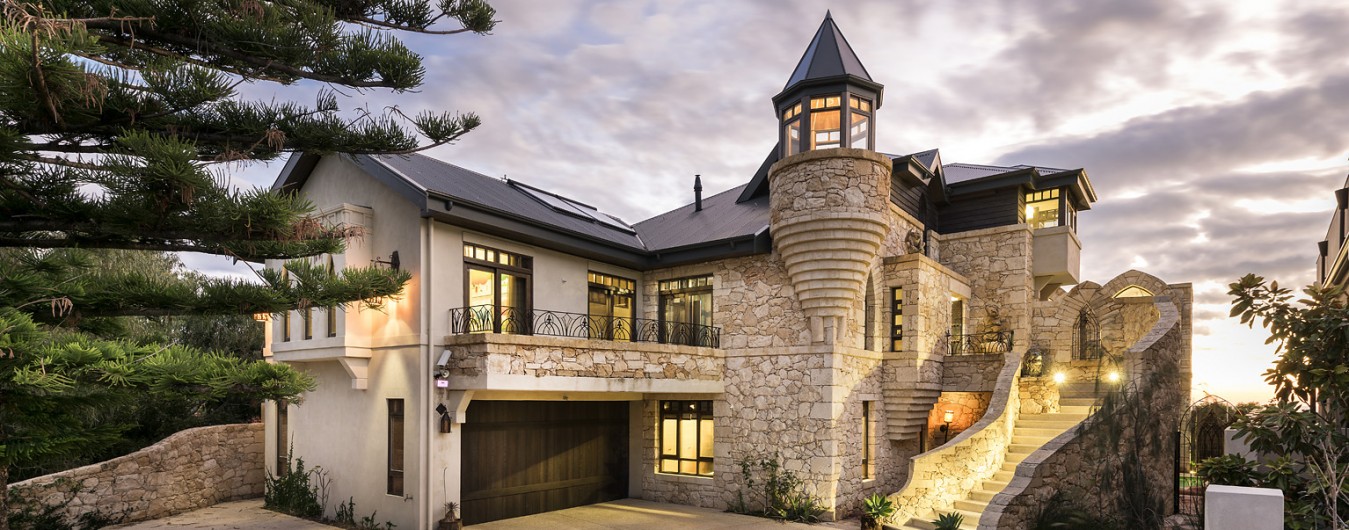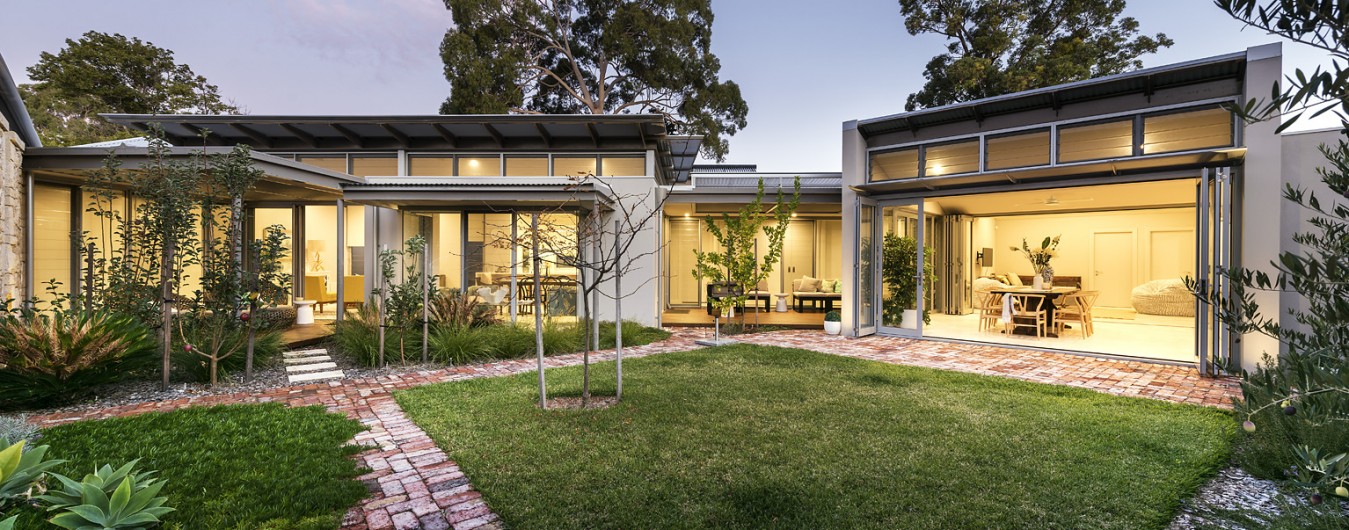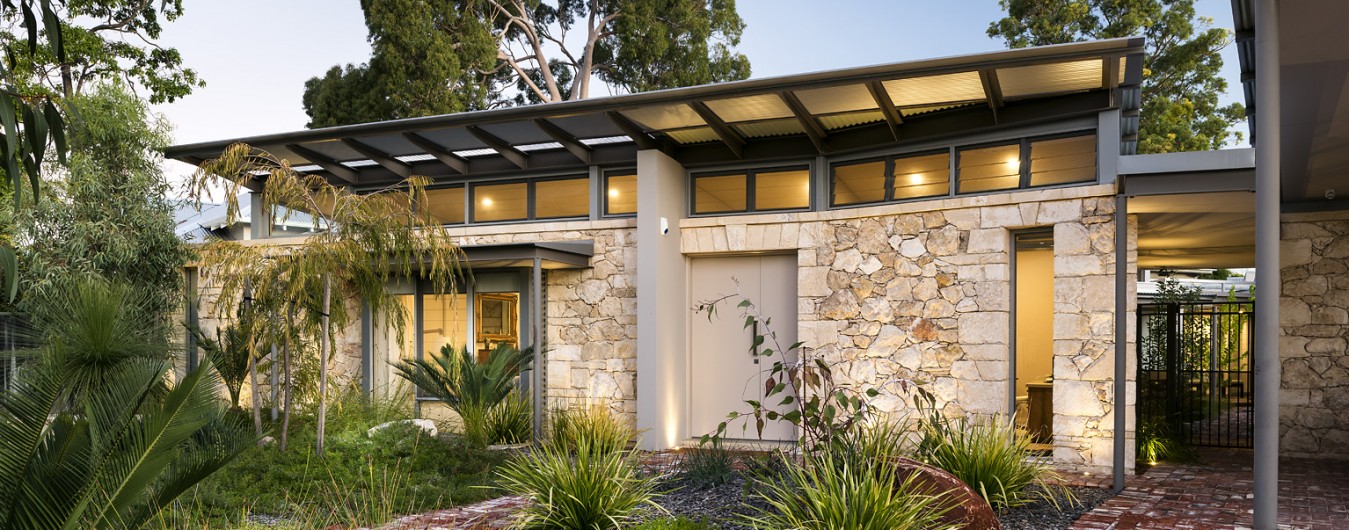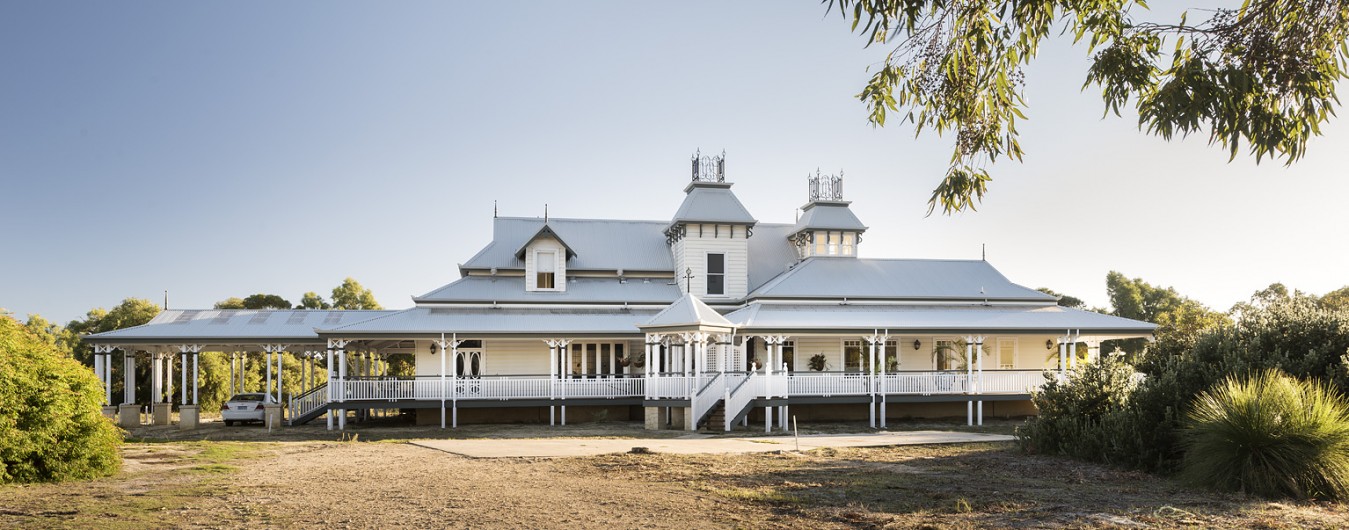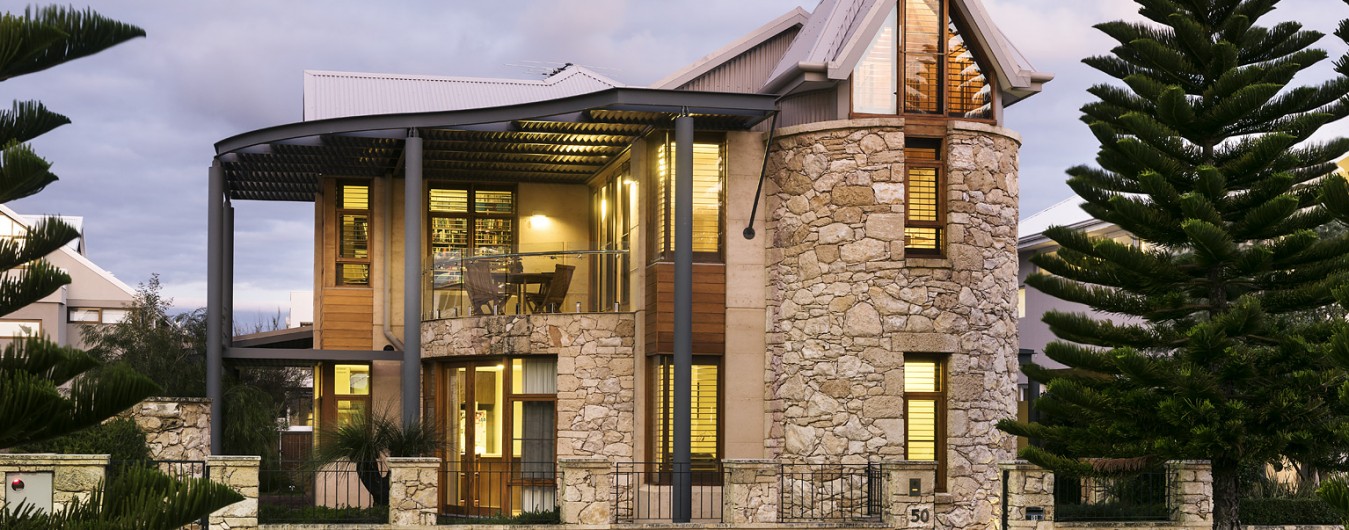Solar World Congress 2011
Scholarships
Kassel University, the host of the International Solar Energy Society (‘ISES’) Solar World Congress 2011, is offering scholarships to scientists from developing countries to participate in the Congress.
Leading researchers, engineers,architects, climatologists and students from around world are expected to participate in the next Solar World Congress (SWC 2011) from 28 August – 2 September 2011 in Kassel, Germany (www.swc2011.org).
The SWC 2011 is a perfect occasion to learn about the latest developments, exchange information and build networks with the international scientific community.
Financial Support
In order to facilitate participation from all around the globe, financial support is being offered to eligible applicants to cover the conference fee and expenses in Germany. Details on the financial support offered, countries included, eligibility criteria and the submission process are are available on application to Jennifer McIntosh mcintosh@ises.org.
All applicants must submit at least one abstract to the Solar World Congress. Information on the deadline for abstract submissions is available on the SWC 2011 website.
Jennifer McIntosh – Interim Head of Secretariat
International Solar Energy Society (ISES)
Wiesentalstr. 50, 79115 Freiburg, Germany
Tel. +49 761 45906-91 Fax. +49 761 45906-99
Email: mcintosh@ises.org WWW: http://www.ises.org/
ISES Solar World Congress 2011 – Kassel, Germany
28 August – 2 September, 2011, http://www.swc2011.org
Support Renewable Energy Today – http://join.ises.org



